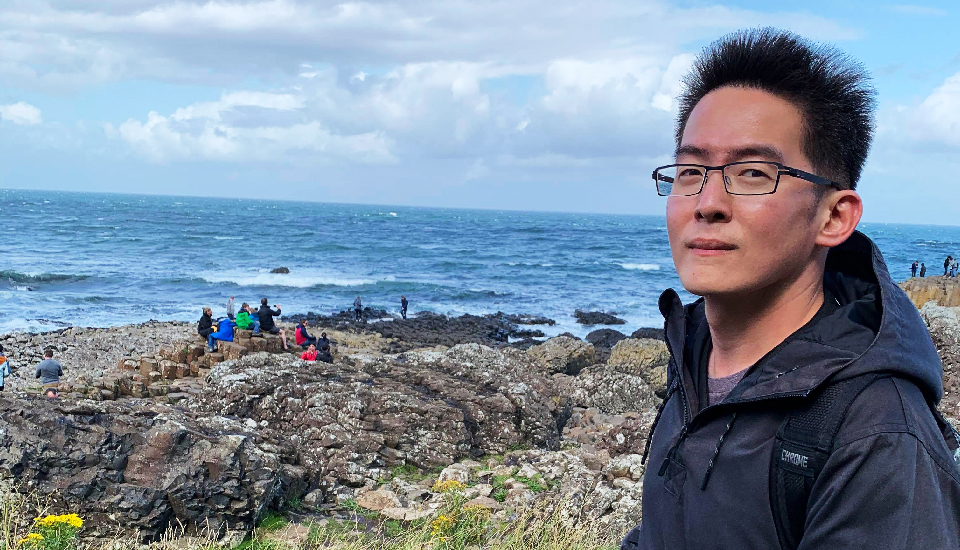
How did you start your career in localization?
To be honest, I didn’t set out to be a localization specialist, let alone pursue a career in gaming localization. Everything began by accident, albeit, a bittersweet one. I started out as a journalist/translator. At that time, I had a fancy job title, “blogger”, more than a decade ago, and spent roughly 5 years writing all kinds of articles on consumer electronics.
My team back then was one day dissolved out of the blue, and I was suddenly jobless. Panic aside, I began to work as a freelance translator, mostly on casual mobile games and even worked part-time for a newspaper focusing on military development worldwide. These seemingly unrelated experiences connected themselves, just like role-playing games, you pick up a certain skill every step of the way and BOOM! You have everything you need as a localization specialist, especially for the military-related genre.
I was lucky enough to join a project for a renowned publisher on a series of AAA games in Ireland, and after about a year, I found an opportunity in Wargaming. I applied for the position and here I am. It’s quite amazing for me to look back on the whole process, from skill-building in writing and translation, to actually localizing a game before it even got released. Now I get to help keep a decade-old online game see a new life in this highly competitive genre. For me, the passage of growth is the most interesting aspect, regardless of where I end up professionally. That said, working by playing [games] is nonetheless the most interesting job one can ever take up as a career.
What was the onboarding process like with Wargaming during a pandemic?
The pandemic hit everyone hard and fast. Many people were faced with retrenchment and struggled to keep their own jobs. I was more than lucky to find a new and exciting opportunity in Singapore, where I got much closer to home. Before I could officially start working on any localization task, I had many training sessions arranged by HR, IT, and my own department to help familiarize me with the company and my responsibilities at work. All these onboarding sessions were conducted via call or video conference, which is quite a unique experience that I have never had before. This is my first proper onboarding experience throughout my career as a translator and everything was well-planned and comprehensive. If I had any questions, there was always someone I could reach out to and find the information I needed. The onboarding process really helped me a lot and led to a smooth start at Wargaming.
Why do you like working at Wargaming?
I like working at Wargaming for a simple fact- every employee is valued and respected. On my first [remote] day at work, I was warmly introduced to the APAC team with so many welcoming messages. Now, seven months into working here, I still have the same feeling of being part of the family. My colleagues around the globe consistently provide abundant resources through sessions and online courses to make me feel included, ensure I am well-informed about the organization and assist my professional growth as a localization specialist. This prepares me for any future possibilities in the industry. I never feel like an outsider and am always an active participant with a crucial goal in mind: make our company better and be the best that I can be for my role.
What do you like about the diverse working culture in APAC or the L&D team?
Due to the ongoing pandemic, I didn’t get to meet any of my colleagues in person before the Circuit Breaker in Singapore eased in early June. This didn’t stop me from virtually meeting and learning from people throughout the many Wargaming office locations. Back in my previous job, I had colleagues from around the world, but while working, each language on that localization team was basically on its own. There were still exchanges of ideas, but it was relatively limited. Here at Wargaming, I work primarily with Chinese, Korean, and Japanese speakers, but there are more daily communications, which exposes me to different thinking at work. Learning from people with a range of views on how to approach tasks helps me to work more creatively and efficiently. I look forward to my bright and exciting career at Wargaming.